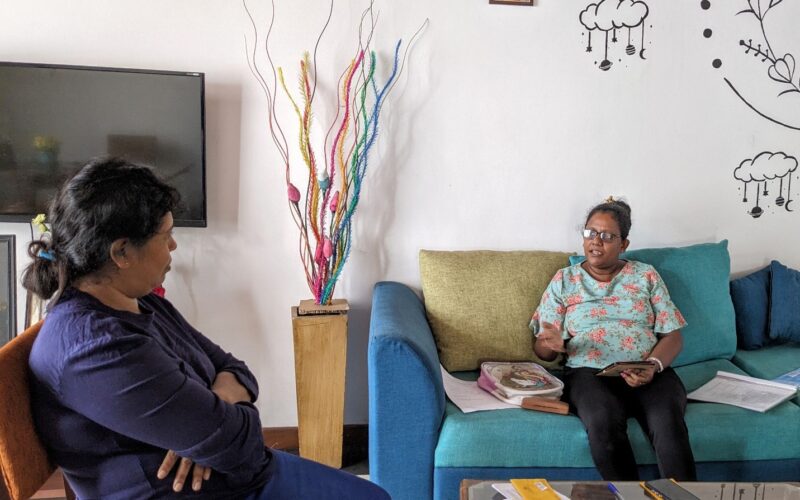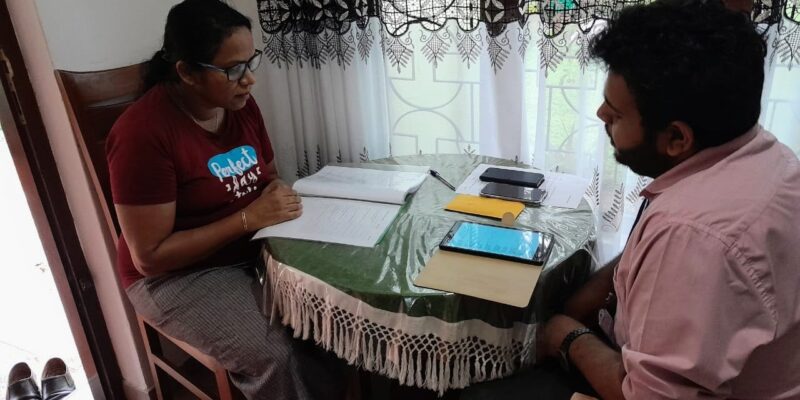

Figure 1&2: Questionnaire data for the pilot study 2 collected from the participants by research assistants from IRD

“Resilience, Mental Health and Food Security in Times of Crisis: A Pilot Study of the Longitudinal Colombo Twin and Singleton Study”
Colombo Twin and Singleton Study – 3 Pilot Study – 2 is funded by the Medical Research Council, UK and is conducted by the Institute for Research and Development (IRD), in collaboration with King’s College London. Prof Fruhling Rijsdijk is the PI of the study and Prof Athula Sumathipala and Dr Helena Zavos are the Co-PIs.
The aim of the study is to understand the impact of the COVID-19 pandemic and the economic crisis on mental health and food security among people living in the Colombo district. During crises, people often experience heightened stress and anxiety, leading to psychological issues that affect their overall well-being. The pandemic has not only posed a health crisis but has also triggered a global economic downturn due to lockdowns and disrupted economic activities, particularly impacting low and middle-income countries (LMICs). Consequently, food and nutrition insecurity has become prevalent in local households and communities within LMICs.
The study intends to assess the intricate relationships between the pandemic-related economic crisis, mental health, and food security. It is motivated by the observation that food insecurity, defined as reduced access to affordable and nutritious food, can lead to severe health consequences across various age groups. Children growing up in food-insecure households are at risk of cognitive problems and mental health disorders, while adults may face conditions such as diabetes, hypertension, heart disease, depression, and obesity.
We set out four specific objectives for the study.
The study hypothesizes that households experiencing higher levels of food insecurity are more likely to encounter negative mental health outcomes.
By utilizing a mixed-methods approach that combines quantitative assessments and qualitative interviews, the research aims to provide a comprehensive understanding of the complex interactions between economic crises, mental health, and food security. The findings are expected to shed light on the specific challenges faced by different groups within the Colombo district and contribute valuable insights for designing targeted interventions to mitigate the adverse effects of economic crises on mental health and food security.
Overall, this study aims to comprehensively investigate mental health, nutritional factors, and coping strategies among different age groups within the Colombo Twin and Singleton cohort. The mixed-method approach allows for a holistic understanding of the research objectives.


Figure 1&2: Questionnaire data for the pilot study 2 collected from the participants by research assistants from IRD